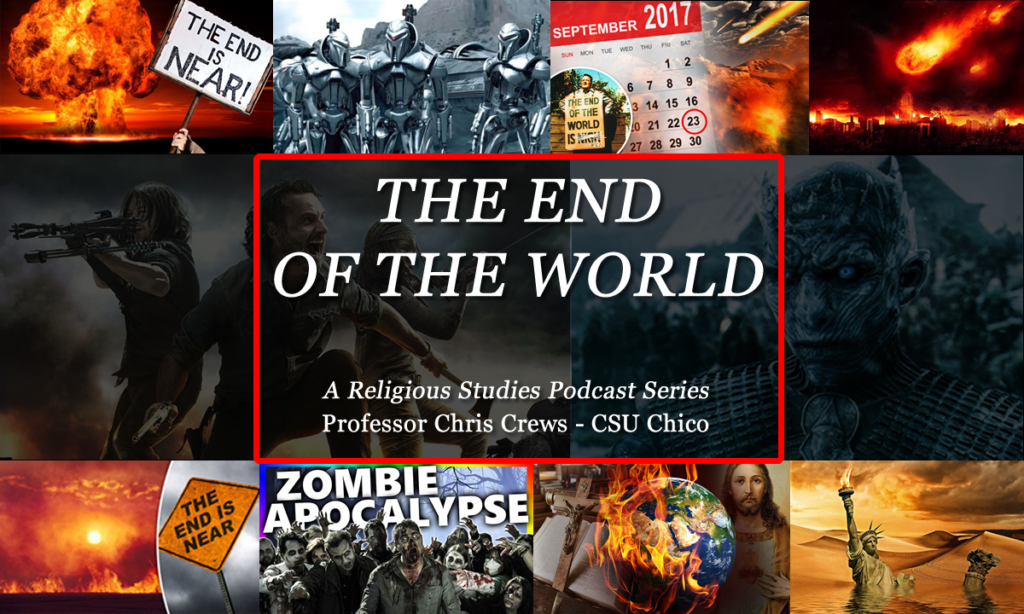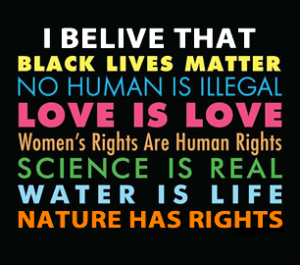Community Health and Nutrition Mapping in NYC
This Friday I had the chance to help facilitate a workshop with the New York City Nutrition Education Network, better known as NYCNEN. Held at The New School, the workshop was part of their May General Meeting. The overarching theme for the meeting was “Developing Partnerships for a Healthier NYC: A Workshop Exploring Resource Mapping and Cultural Sensitivity,” and my specific workshop was titled “Community Cartography: Mapping Health, Justice and Power.”
In addition to myself, Takeesha White from The Partnership for a Healthier New York City and Sandra Arévalo, Director of Nutrition Services and Co-Director of The Starting Right Initiative at Community Pediatrics (part of the Montefiore Hospital and Children’s Health Fund) gave presentations. Sandra’s talk was particularly interesting to be for some of the language and cultural barriers to food and nutrition labeling she discussed, many of which I have never thought about before. Like frijoles!
The example of beans she discussed was especially interesting to me as a cook, as it makes perfect sense, but wasn’t something I had ever really though about. For example, in the context of translating health food instructions into Spanish for the Bronx community, how do you handle the translation of the word beans? Spanish speakers from different parts of Central and South American might use different words for beans–judía, haba, habichuela, and frijol were a few examples she mentioned.
Her point being that there is no universal Spanish word for “beans,” and thus cultural context and cultural competency really matter, even for something as seemingly simple as translating the name of a food from one culture into another. It was a great reminder that just when you think you are starting to get a handle on the world, something comes along and nudges you off your comfortable seat, a reminder of just you how far you still have to go to really understand the world.
But enough about my food meditations. The workshop I led was titled “Community Cartography: Mapping Health, Justice and Food in NYC.” It was basically designed as a four-part exercise to help map out the community food and nutrition environment from the perspective of four major areas of practice/engagement:
- Schools and Universities
- Hospitals and Health Clinics
- Government and Health Promotion Agencies
- Community Groups and Non-Profits
So the room was organized into round tables with one of these four groups on it, and folks sat based on where they worked or were most involved. I designed a workshop that combined the use of sticky notes, theme clustering, cluster ranking and key problem mapping that looked something like the image below. I created this flowchart for the hour-long workshop to help give participants a sense of what we would be doing throughout the workshop. Step one began with a brainstorming in response to the question I gave them, which is in the top center of this image: “What are the 2 biggest obstacles to improving health and nutrition in NYC?” Then each person posted two responses on sticky notes and put them on the big easels each group had. These were then sorted into clustered themes (step 2), and then ranked by voting with colored red, green and yellow dots (step 3). The “winning” problem from step 3 then became the central focus, which was creating a map of the community context around that issue (step 4).
This is the nice and tidy, before the workshop plan. Here’s what this process actually looked like in action, with a snapshot of the group processes taking place in each of the four group.
Community Groups and Non-Profits
Hospitals and Clinics
Schools and Universities
Government and Health Promotion Agencies
There are a bunch more images from the workshop that my good buddy Mara took, which you can see below or in my photo gallery here. It’s too many to reproduce here, but you do get the sense of each group slowly developing and expanding and growing with their idea as the workshop unfolded.
I’m still digesting how everything went, but the initial feedback seemed largely positive, and several people approached me about doing some further work around community mapping with their groups or communities or students, so who knows what future connections might emerge. Only time will tell. But I hope that it was a productive exercise for folks, even if not earth shaking. One step at a time.
Until next time…for a healthier NYC!
###







































